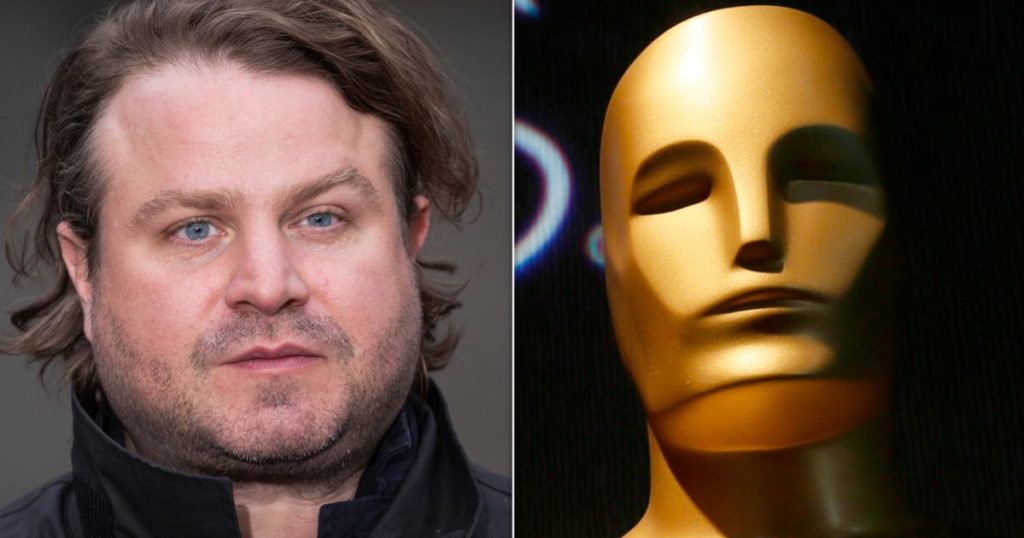The Brutalist: A Film’s Critical Acclaim and the Financial Reality of Its Director
Brady Corbet, the critically acclaimed director of The Brutalist, has found himself in a surprising and challenging financial situation despite his film’s Oscar nominations. In a candid conversation with Marc Maron on the WTF podcast, Corbet revealed that despite the glowing reviews and 10 Academy Award nominations, including Best Director and Best Screenplay for himself, he hasn’t earned a single penny from the film. This stark reality highlights the often-overlooked financial struggles faced by filmmakers, even when their work achieves significant critical success.
Financial Struggles and the Cost of Ambition
Corbet’s financial struggles are not new. He admitted to Maron that he and his partner, Mona Fastvold, his wife and creative collaborator, made zero dollars from their last two films. To make ends meet, Corbet recently directed three advertisements in Portugal, which marked the first time he had earned any significant income in years. The couple has been living off a paycheck from three years ago, a testament to the precarious financial reality of many filmmakers, even those whose work is celebrated by critics and audiences alike.
The Brutalist: A Critical Success with a Complicated Journey
The Brutalist, a film about a Hungarian immigrant fleeing Europe after World War II, has been a critical success, earning Corbet his first Oscar nominations for Best Director and Best Screenplay. The film also brought actor Adrien Brody his first Oscar nomination since 2002, adding to the film’s prestige. However, despite the accolades, Corbet’s financial situation remains dire. He explained that promoting the film, which has required constant travel and interviews, has been unpaid work, leaving him with no income for over six months.
The Unseen Grind of Awards Season
The process of promoting a film during awards season is often glamorized, but Corbet painted a different picture. He described the past six months as “a six-month interrogation” of interviews and press rounds, with no time to take on other work, such as writing jobs, to earn a living. Corbet hasn’t had a day off since Christmas, and even that break was only four days long. He isn’t alone in this struggle, as he mentioned that many filmmakers with Oscar-nominated films this year are also struggling to pay their rent.
The Broader Industry Issue
Corbet’s situation is not unique. He pointed out that the financial struggles of filmmakers are a widespread issue in the industry. Even directors with critically acclaimed films often find themselves in difficult financial situations due to the unpaid nature of promoting their work. Corbet noted that he has spoken to other filmmakers, including James Mangold, director of A Complete Unknown, who have faced similar challenges. Mangold, whose film earned eight Oscar nominations, has also been on a grueling promotion schedule, traveling the world without a break.
Conclusion: The Oscars and Beyond
As the Oscars approach on March 10, Corbet’s situation serves as a reminder of the harsh financial realities faced by many filmmakers, even those whose work is celebrated by the industry. While the recognition is undeniably important for a filmmaker’s career, it doesn’t always translate to financial stability. Corbet’s story is a poignant example of the sacrifices artists often make for their craft, and it raises important questions about the sustainability of a career in filmmaking. Whether Corbet and his wife take home their first Oscar remains to be seen, but their journey offers a glimpse into the challenges of making art in a financially unforgiving industry.















